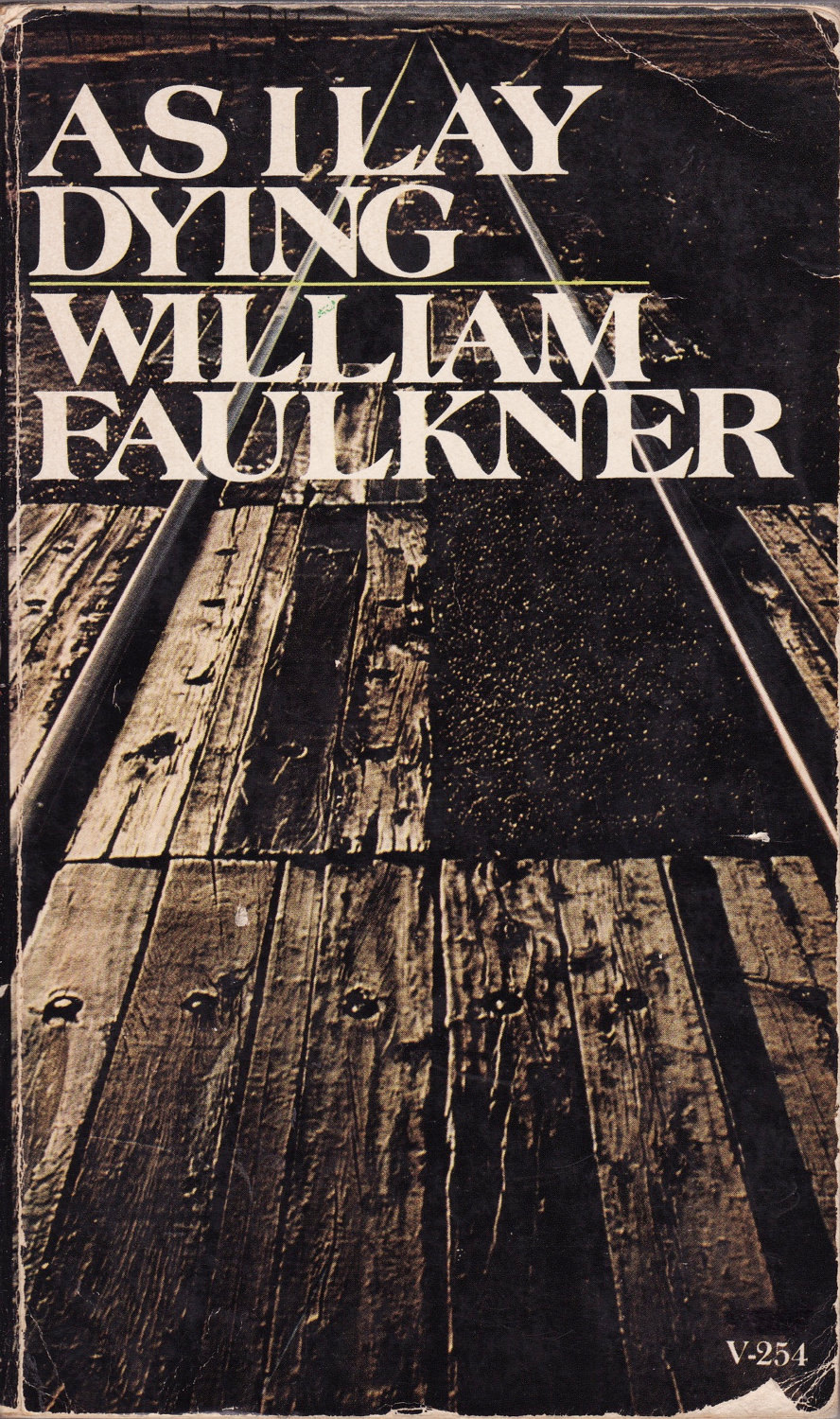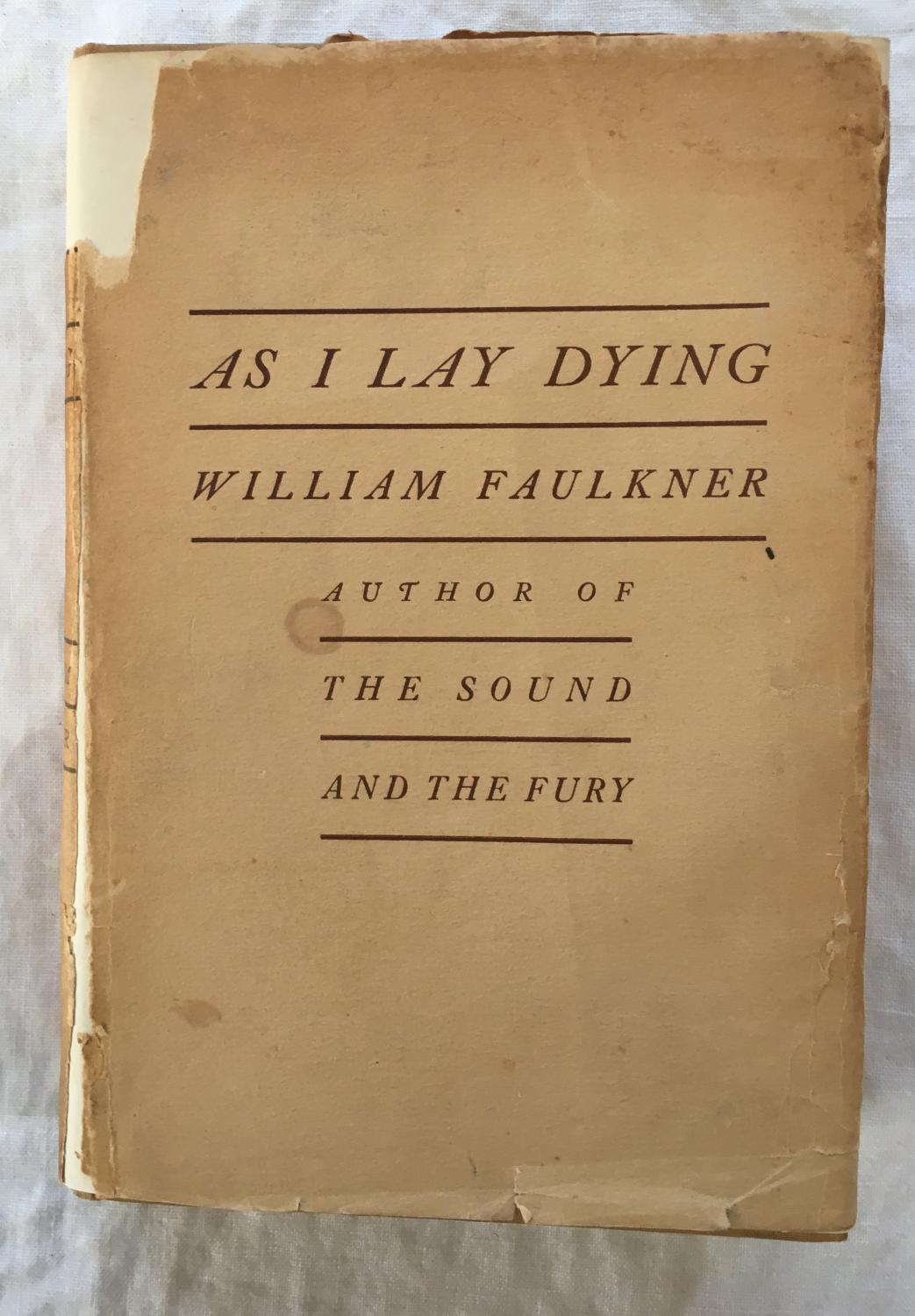


Faulkner then had to write a letter of apology and explain that he never questioned Hemingway’s physical courage, but only his courage as a writer who never went “out on a limb” or risked “bad taste, over-writing, dullness, etc.” Hemingway’s hurt seemed to have been assuaged, the criticism applying only to his life’s work.īut what did Faulkner mean? Certainly more than a matter of not using words from the dictionary. Talking to a class at the University of Mississippi one day late in his life, William Faulkner remarked that his cogenerationist Ernest Hemingway lacked courage as a writer, that he had always been too careful, never taking risks beyond what he knew he could do, never using “a word where the reader might check his usage by a dictionary.” The remark, quoted in a university press release, was picked up by the wire services and eventually made its way to Hemingway, who was outraged that Faulkner had questioned his courage. William Faulkner, Oxford, Mississippi, 1947


 0 kommentar(er)
0 kommentar(er)
